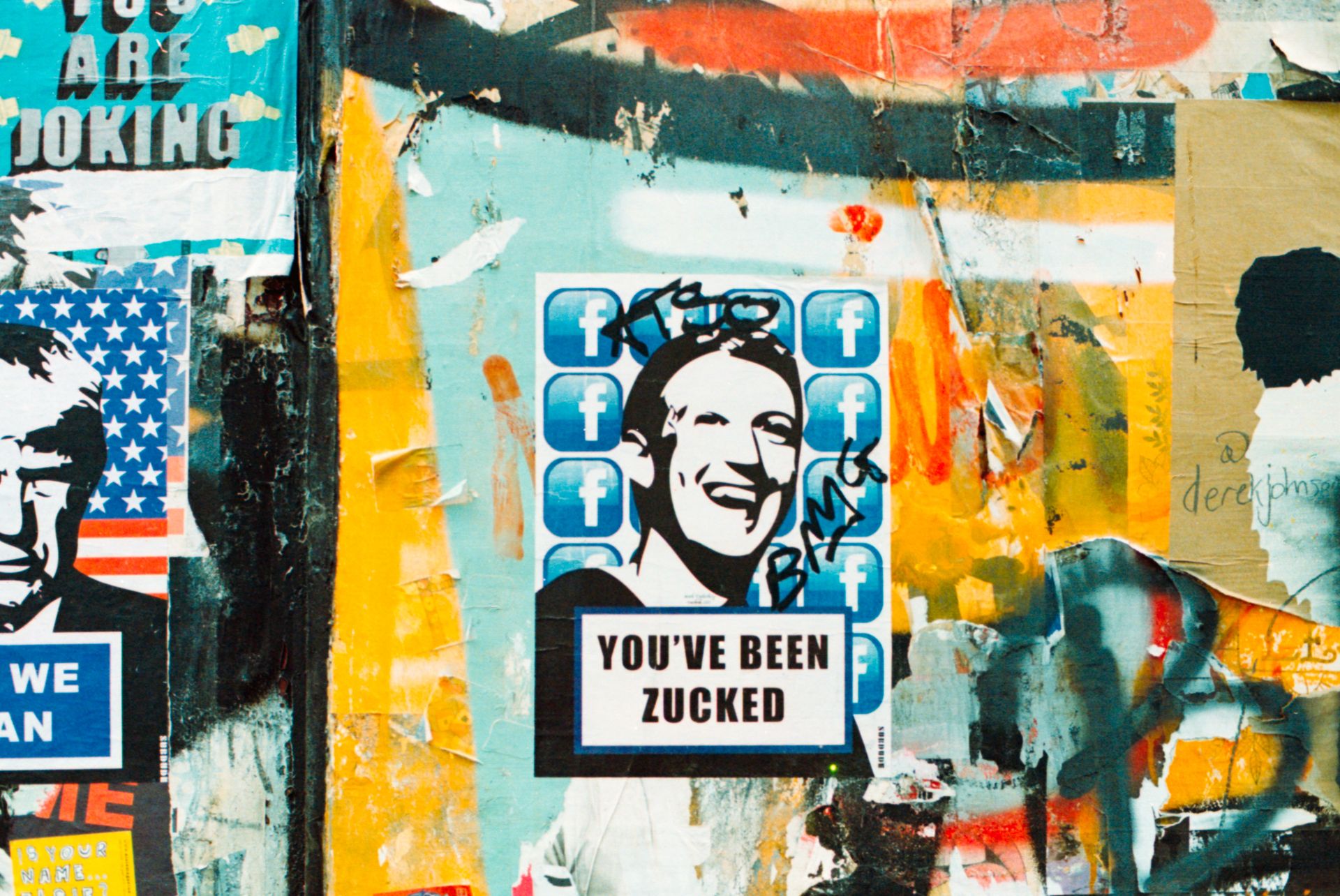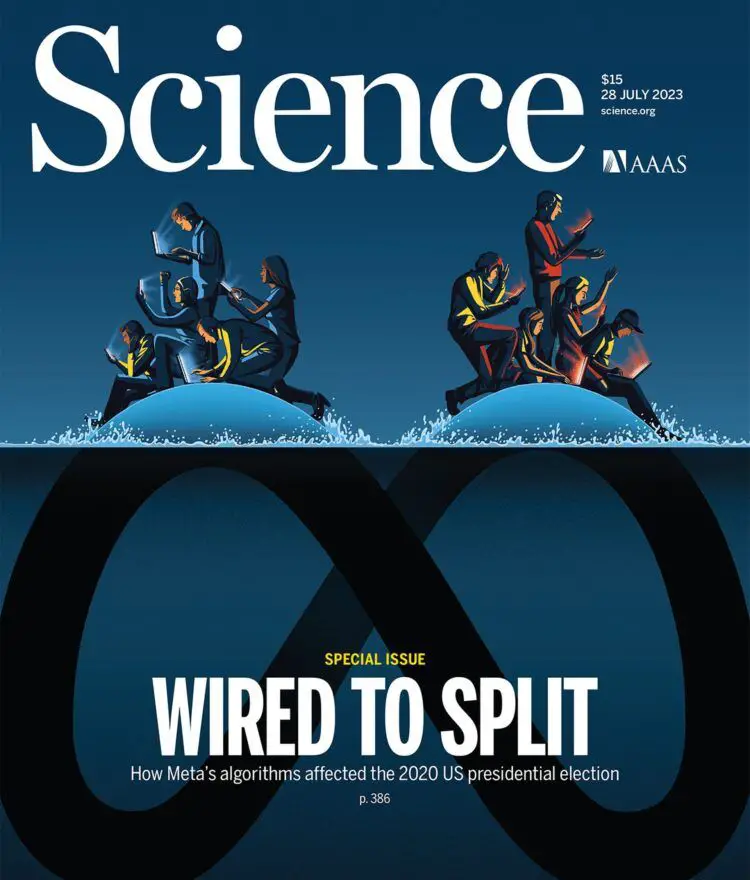A new and honestly groundbreaking study looking into the political behavior of Facebook and Instagram users has shed light on the role these platforms play in shaping ideological echo chambers.
Conducted during the 2020 U.S. election, the research, comprising four papers published in Science and Nature, was a collaborative effort between Meta (formerly known as Facebook) and an interdisciplinary team of researchers led by Professors Talia Jomini Stroud and Joshua A. Tucker from the University of Texas and NYU, respectively. These findings present a glimpse into a complex landscape of online political discourse and have significant implications for the understanding of social media’s influence on our society.

The extent of ideological segregation on Facebook
One crucial aspect investigated by the researchers was the extent of ideological segregation experienced by Facebook users. The study highlighted that the platform was significantly segregated ideologically, far surpassing previous research based on internet news consumption behavior. Interestingly, content posted in Facebook Groups and Pages showed greater ideological segregation compared to content shared by users’ friends. Pages and Groups played a pivotal role in the distribution of misinformation, and various harmful interests such as QAnon, anti-government militias, and health conspiracies found fertile ground for propagation.
The depth of impact on Pages and Groups
Pages and Groups on Facebook wielded substantial influence in shaping the online information environment. The ease of content reuse from established political news sources and the curation mechanism for ideologically consistent content from diverse sources amplified their impact. This raised concerns over the role of these features in political polarization and the proliferation of conspiracies. The study also revealed an alarming asymmetry between liberal and conservative content, with a higher proportion of conservative political news deemed false by Meta’s third-party fact-checking system.

Misinformation shared through Pages and Groups reached audiences that were more homogeneous and predominantly concentrated on the right side of the political spectrum. This finding underscores the challenges in combating misinformation and highlights the need for tailored approaches to tackle ideological echo chambers.
Chronological feeds vs. algorithmic feeds
Another intriguing experiment involved replacing algorithmic feeds with a reverse chronological feed, long advocated by critics of social media’s addictive design. Surprisingly, this change did not significantly alter users’ political sentiments, offline political engagement, or political knowledge. However, users in the Chronological Feed group spent considerably less time on Facebook and Instagram, revealing Meta’s reliance on algorithmic curation to boost engagement and encourage addictive user behavior.
The implications and future research
Although Meta’s portrayal of the results as a victory may be questioned, the findings offer a crucial foundation for future research on social media’s impact on society. Understanding the dynamics of ideological echo chambers, misinformation dissemination, and audience homogeneity can help devise strategies to foster healthier online political discussions and bridge ideological divides.

The recent research examining political behavior on Facebook and Instagram has unraveled the complexities of ideological echo chambers, indicating significant ideological segregation and misinformation distribution within Pages and Groups. This groundbreaking study serves as a stepping stone for further investigations into the impact of social media on political discourse and society at large. Addressing these issues will be instrumental in shaping a more informed, engaged, and cohesive online community.
With the increased engagement on various social media platforms in recent years, the conflicts regarding user experiences and indications of digital harm have increased in parallel. If you are interested in the subject, you can check out why did Canada ban Facebook and Instagram advertising earlier this month.
Featured Image: Cover page of Science Magazine





